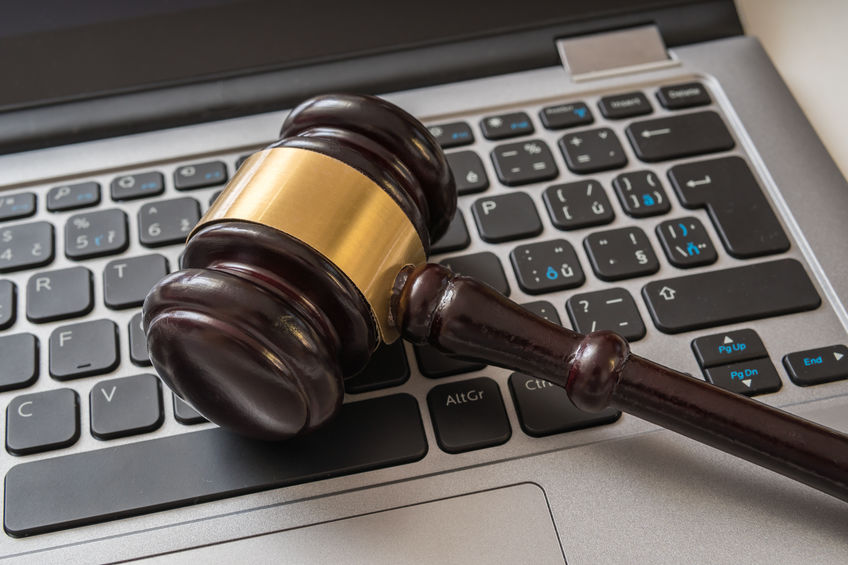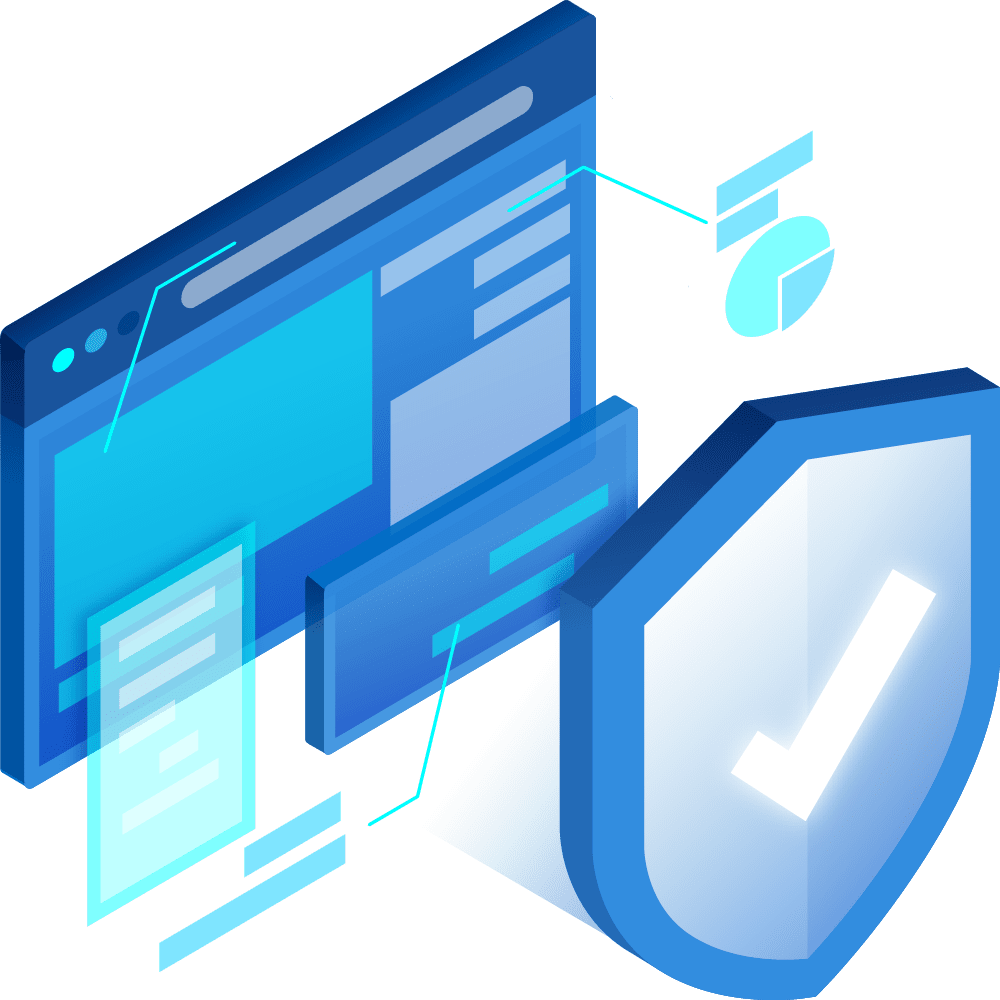COMPUTER FORENSICS
Contact us
+39.02.8252342
MIlano
Centro Direzionale Milanofiori
Strada 4, Palazzo A5
20057 ASSAGO (MI)
Roma
P.le Roberto Ardigò, 30/a
00142 Roma
Tel. +39 06 45442737
Ask for a quote
Fill in the form below by asking us a question or describing your need!
One of our experts will contact you without obligation to provide the requested information!





